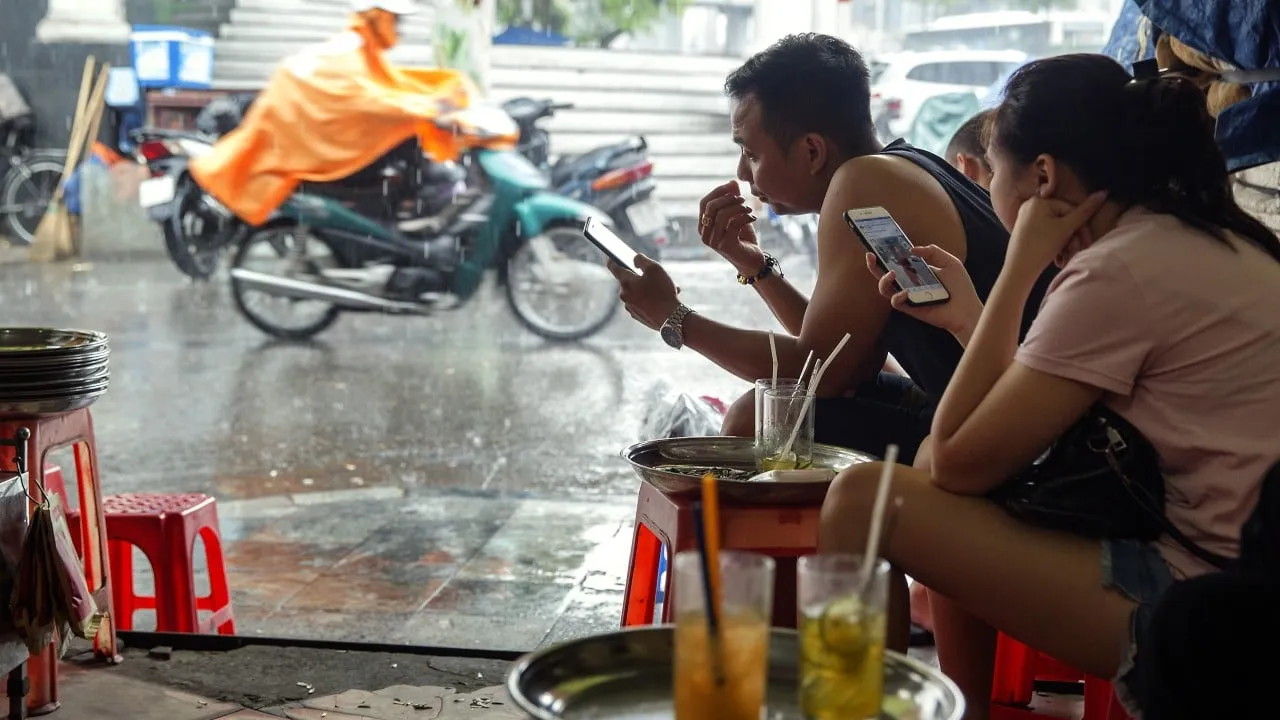Understanding Momo's Role in Vietnam's Mobile Payment Landscape

Momo's Impact on Vietnam's Cashless Economy
Momo, Vietnam’s leading mobile payment platform, is experiencing exhilarating growth fueled by the nation's burgeoning digital economy and a rapidly expanding middle class. Dubbed Vietnam’s Alipay, Momo aims to enhance offline consumption and broaden its financial services to accommodate a growing user base. CFO Manisha Shah recently highlighted the enormous potential in the digital landscape during an interview in Ho Chi Minh City.
Strategic Growth to Meet User Needs
With more than 31 million registered users, accounting for approximately one-third of Vietnam's population, Momo provides services that span bill payment, e-commerce, and insurance. Backed by substantial investments from Warburg Pincus, Macquarie Capital, and Goldman Sachs, Momo aims to capture increasing demand for cashless transactions.
- Payment volume has surged around 50 times.
- Monthly active users have increased rapidly, showing significant demand.
Shah believes that Momo is well-positioned for future growth, especially as the Vietnamese government targets an increase in cashless transactions by 80 to 100 percent annually.
Expanding Financial Services
Engaging with evolving user consumption patterns, Momo is not just about payments; it’s expanding its financial services ecosystem. The company recently partnered with Credit Viet Securities to introduce a stock trading platform for retail investors, alongside integrating with Apple for financing and buy-now, pay-later options.
- Momo aims to enhance accessibility for users transitioning to digital.
- Merchant solutions focus on creating value for businesses of all sizes.
With its commitment to user engagement and innovative services, Momo is emerging as a leader in the Southeast Asian fintech landscape, driving Vietnam's shift towards a thriving digital economy.
This article was prepared using information from open sources in accordance with the principles of Ethical Policy. The editorial team is not responsible for absolute accuracy, as it relies on data from the sources referenced.